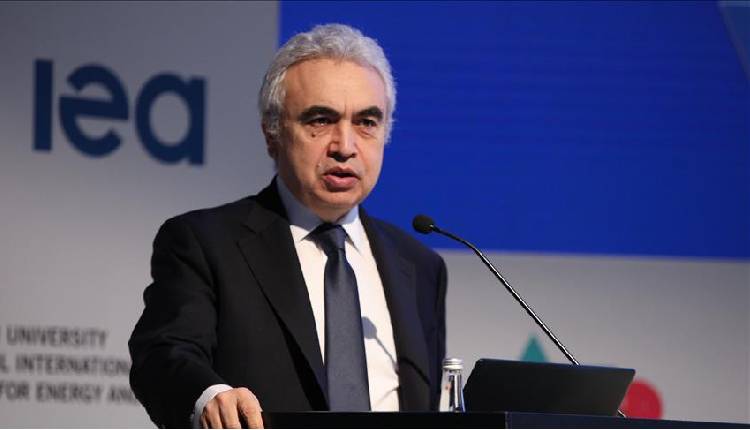The Executive Director of the International Energy Agency (IEA), Fatih Birol, announced on Friday that they will collaborate with the World Bank, regional development banks, and other entities to prioritise the expenses associated with investing in clean energy in developing countries.
This announcement came on the sidelines of an energy conference in Istanbul, following Dubai’s COP28 summit.
At COP28, world governments agreed on a plan to triple the capacity of renewable energy generation by 2030 and shift away from fossil fuels. However, they did not establish a method to fund the transition towards clean energy in developing nations.
Birol stated that clean energy investments have not increased in emerging and developing countries since 2015. In contrast, these investments have nearly doubled on a global scale, with China and advanced economies contributing most to this growth.
“For the IEA, the main story between now and Baku’s COP29 will be how we can find de-risking mechanisms to make sure there is a flow of capital to developing and emerging countries,” he said to Reuters.
According to Birol, the risks associated with investing in solar plants in developing countries could lead to capital costs that are up to four times higher than in advanced economies. This could hinder the flow of capital.
“It will be our job to make sure that the financing of clean energy, de-risking those investments, and providing concessional funding are key priorities for the World Bank, regional development banks, and also the finance sector.” Birol said.
“We have more than enough capital in the world now. If the World Bank, regional development banks, and financial institutions provide some guarantees and de-risking mechanisms, the money will flow very quickly, as the potential is huge,” he added.
